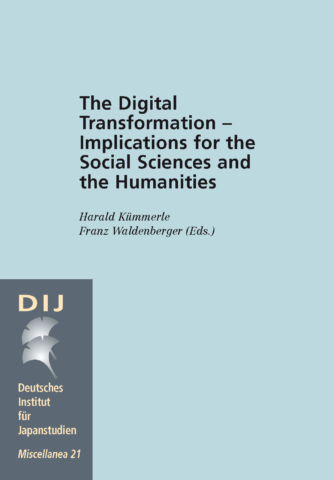The Digital Transformation
Implications for the Social Sciences and the Humanities

Table of Contents (PDF)
The term digital transformation (DT) captures the changes in our personal, social, economic, political, cultural and academic life brought about by the rapid diffusion of information and communication technologies. With the increasing digital connectivity, the rise of platform economies and the cost reductions in artificial neural networks, the collection, processing and analysis of large amounts of Big Data have become feasible and widespread.
The combination of Big Data and artificial intelligence (BDAI) is exerting a great impact on the natural, life, physical and engineering sciences in which research has generally been conducted with a more positivist attitude. Here, BDAI reconfigures the scientific research process as it reduces the reliance on a priori theories: Making plausible, but not yet proven statements based on interpreting collected data (so-called “abductive reasoning”) now plays a prominent role in the formulation of new hypotheses and theory-building. As has been argued convincingly, this represents a significant epistemological change (Kitchin, 2014). In contrast, for the social sciences and humanities, representing areas of scholarship that are highly diverse in their philosophical underpinnings, it is less clear what the consequences of the digital transformation will be.
The contributions gathered in this collection shed light on this question. They are the outcome of the workshop “The Digital Transformation – Implications for the Social Sciences and the Humanities” that took place at the German Institute for Japanese Studies (DIJ) on 24 and 25 September 2019. Co-organized by the Nippon Institute for Research Advancement (NIRA) and the German Centre for Research and Innovation Tokyo (DWIH), the workshop brought together scholars from Japan and from abroad, many of the latter being specialists on Japan. This is why the Japanese case is given special attention in many contributions. Even there, however, the insights are not limited to Japan, but address phenomena and implications of the DT of general relevance, even though they may manifest themselves elsewhere under different conditions.